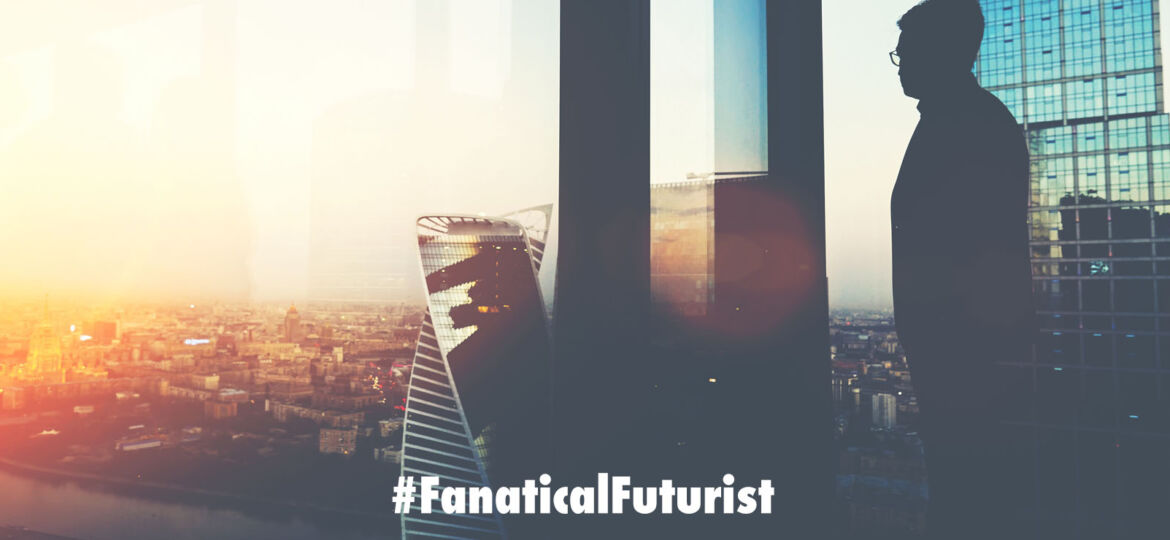
WHY THIS MATTERS IN BRIEF
The way we work and the way we tap into skills is changing, and tat impacts everything from how we educate our children and train our workforce, to how we build and operate companies.
 Interested in the Exponential Future? Connect, download a free E-Book, watch a keynote, or browse my blog.
Interested in the Exponential Future? Connect, download a free E-Book, watch a keynote, or browse my blog.
Firstly, it was a great honour to be asked by Peter and Aon’s Managing Director Mike Burke to present to Aon’s senior leadership team in London earlier this year, before Covid-19 hit, and discuss the Future of Work and Skills 2040 and their impact on the world’s future workforce, workplace, and work, and the trends and skills we’ll all need to be aware of and embrace if we aren’t all to be upended by the coming of the so called Forth Industrial Revolution, where increasingly capable and sophisticated exponential technologies will threaten to automate both blue and white collar workers with more voracity than at any point in human history.
But just as these new innovations and technologies threaten many jobs they also bring with them a huge amount of opportunity for those who can see them coming and have enough foresight to navigate them, because, just as Google democratised access to information, Artificial Intelligence (AI) will help democratise access to expertise and skills – and plenty of that was on show during the presentation.
In the next twenty years we will see more technological progress than we’ve seen in the last 20,000 years with much of it hard to get our heads around, and as more and more science fiction like technologies, from biological computers and holograms to light sabers become science fact, and as elsewhere other technologies enable the development of everything from autonomous companies and robo-workers to creative machines, that create and innovate new products, and digital humans, companies and individuals are going to have to be more adaptable and flexible than ever before.
Fortunately for society though humanity isn’t short of foresight and skills, and with the right societal education and support systems in place we’ll be able to adapt to this new world of work before it outpaces us, and that’s what I discussed during the speech so I hope you enjoy it and it gives you food for thought when considering your own futures.
Further Reading: AON

















You cover a plethora of subjects and present very well, Matthew, would be keen to have more access to your blog or subscribe to any newsletter you may have.